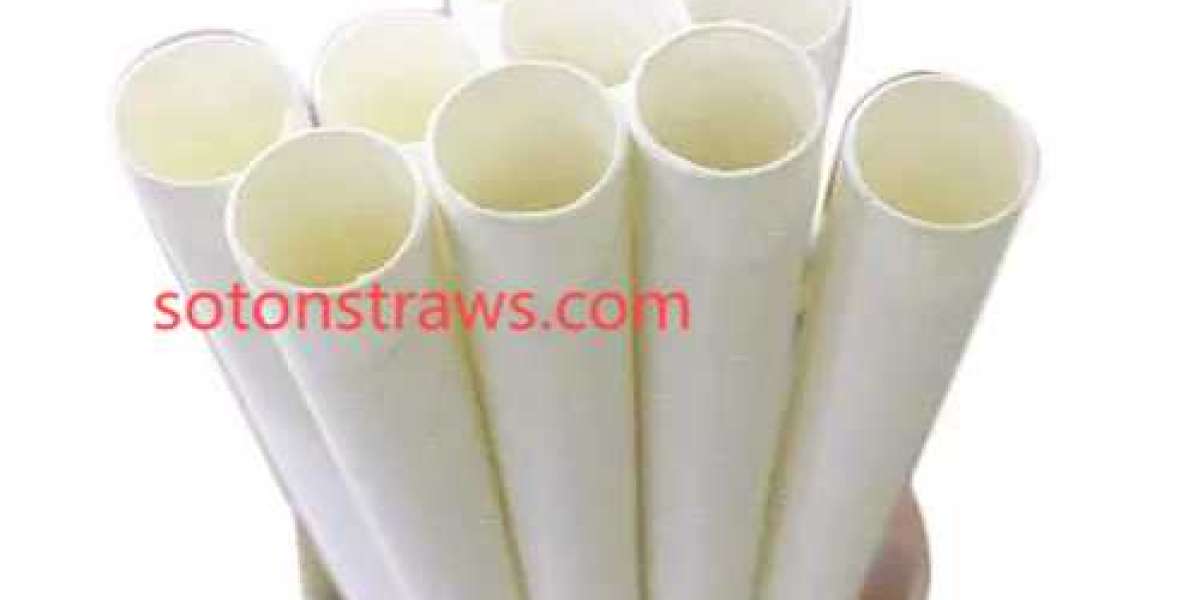As global sustainability mandates tighten, straws manufactory in China is navigating a transformative journey to align with stringent international standards like the EU Single-Use Plastics Directive (SUPD) and U.S. FDA regulations. The straws manufactory in China is redefining its approach to meet these "green trade barriers" by prioritizing certifications, material innovation, and strategic market entry models. By bridging compliance with commercial agility, Chinese manufacturers are positioning themselves as reliable partners in the global shift toward eco-friendly alternatives.
Certifications such as FSC (Forest Stewardship Council), BRC (Global Standards for Food Safety), and LFGB (German Food Safety Standards) have become critical gateways to international markets. FSC ensures raw materials are responsibly sourced, addressing deforestation concerns in regions like the EU, where SUPD explicitly bans plastic-coated paper products unless fully compostable. BRC certification enhances credibility for food-safe production, while LFGB compliance guarantees chemical safety for direct food contact, mitigating risks of non-compliance penalties. These credentials not only satisfy regulatory demands but also resonate with eco-conscious brands and retailers prioritizing transparency.
The industry faces a strategic crossroads: continuing "low-cost, high-volume" exports or pivoting to premium branding. While cost competitiveness has historically driven China’s dominance, rising tariffs and sustainability-focused procurement policies in Europe and North America are pushing manufacturers toward value-added solutions. Innovations like PFAS-free biodegradable coatings—similar to materials compliant with SUPD’s compostability criteria—allow Chinese producers to differentiate their offerings. Collaborations with overseas designers for customizable, brand-aligned packaging further elevate market positioning, aligning with luxury hospitality sectors that demand both functionality and aesthetic appeal.
Cross-border e-commerce and overseas warehousing models are emerging as game-changers for small and medium-sized manufacturers. Platforms like Amazon Global streamline access to buyers seeking certified products, while localized warehouses in key markets (e.g., Germany or California) reduce shipping costs and delivery times. This approach mitigates logistical hurdles and enables real-time adaptation to regional policy shifts, such as the EU’s upcoming bans on non-recyclable food containers.
By harmonizing certification rigor, material science, and agile distribution, China’s straw manufacturers are not just overcoming barriers—they are reshaping global perceptions of "Made in China" as synonymous with sustainability and reliability.
sotonstraws.com








